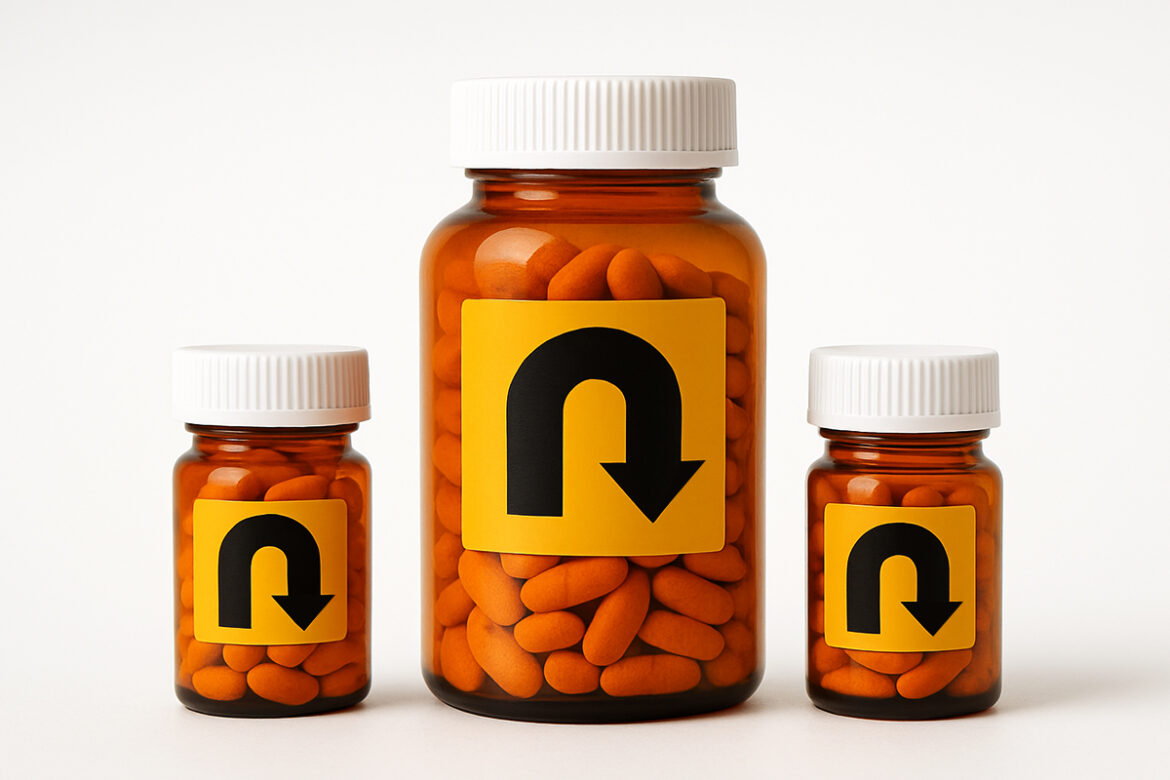Agency responds to petition by Natural Products Association and Alliance for Natural Health, allowing NMN as a dietary supplement.
Once feted as a promising addition to the NAD+ supplement landscape, nicotinamide mononucleotide (NMN) found itself at the center of regulatory turbulence when the US Food and Drug Administration (FDA) concluded in 2022 that the compound was excluded from the definition of a dietary supplement. That conclusion rested on the so-called drug exclusion clause; NMN was already the subject of an Investigational New Drug application, and FDA argued that marketing it as a supplement was therefore unlawful.
The impact was immediate and sharp – NMN disappeared from Amazon US and from the portfolios of several American suppliers, while consumers and industry alike questioned why a widely available product had suddenly been re-classified. Advocacy bodies pushed back, and the Natural Products Association (NPA) and the Alliance for Natural Health (ANH) filed a joint citizen petition calling for a reconsideration of NMN’s status.
Now, in responding to that petition, Donald Prater, DVM, Principal Deputy Director for Human Foods, confirms a change of course. According to NutraIngredients-USA’s report of the Prater communication: “We now conclude that NMN is not excluded from the definition of dietary supplement under section 201(ff)(3)(B),” he writes, adding that “although NMN was authorized for investigation as a new drug … NMN was marketed as a dietary supplement in the United States before such authorization [1].”
A new interpretation
Prater’s letter accepts that FDA’s earlier stance was not the best reading of the statute; in his words, the requirement that such marketing be lawful “is not the best reading of the law [1].” In other words, the agency now considers that the timing of marketing is the determinative factor, rather than its regulatory legitimacy. This shift may appear narrow, but its implications are considerable – not only does it open the door for NMN’s return to shelves, it also signals how FDA may approach similar compounds caught between supplement and drug categories.
Longevity.Technology: Regulatory clarity matters – and this reversal is as much about precedent as it is about NMN. The compound has long been something of a lightning rod, with its popularity among consumers, promising preclinical data, and overlap with pharmaceutical ambitions making it a test case for how supplements and drugs can coexist. The FDA’s U-turn could be seen as an acknowledgement that consumer demand and scientific inquiry don’t always sit neatly on opposite sides of a regulatory line — but without a stable framework, the risk is ongoing uncertainty.
This reversal may restore consumer access to NMN, but it also highlights a thorny issue for regulators: credibility. Flip-flopping on legality risks undermining public trust in the FDA at precisely the time longevity science needs consistent guardrails. And by effectively rewarding “first-to-market” regardless of whether that marketing was lawful, the agency may be encouraging companies to test the gray zones rather than prioritize compliance. Today it’s NMN, but tomorrow it could be senolytics, rapalogs or mitochondrial enhancers – and whether this new stance represents genuine clarity or just the latest twist in a turbulent saga remains to be seen.
Industry reaction
While some welcome this decision, not everyone is reassured. The NPA, which has long pressed for NMN’s reinstatement, greeted the letter as a “victory” [2]. Others, however, see the ruling as problematic. Niagen Bioscience, the company behind Niagen – an alternative NAD+ precursor based on nicotinamide riboside (NR) – has argued that allowing unlawful marketing to count toward supplement eligibility risks rewarding companies that sidestep established rules.
Carlos Lopez, SVP, General Counsel at Niagen Bioscience told Longevity.Technology the company views the FDA’s move as a profound misstep with significant implications for consumer safety and industry practice.
“FDA’s absurd misinterpretation of the law will not stand for long,” he said. “By effectively green-lighting reckless ‘race-to-market’ behavior, the agency undermines the very safeguards Congress put in place to ensure dietary supplements are safe before reaching consumers.
“For decades, FDA itself has warned that bad actors ignore premarket notification requirements – requirements that are FDA’s only mechanism to evaluate safety before exposure. Yet this ruling perversely incentivizes more unlawful behavior, increasing the likelihood that unsafe products will flood the market. FDA’s decision is wrong as a matter of both policy and law, and we are confident the agency will be forced to reverse course – either on its own or through litigation.”
A precedent beyond NMN
The Council for Responsible Nutrition has already suggested that the letter leaves unresolved questions around what counts as “substantial clinical investigations” and how confidential IND dates are used in regulatory decision-making [3]. If FDA’s new interpretation is applied broadly, it could shift incentives across the supplement industry – encouraging early marketing, regardless of regulatory compliance, as a means of securing supplement status before pharmaceutical development gathers pace.
The horizon ahead
NMN may soon reappear on shelves, but its journey through the regulatory maze is a reminder that longevity biotech is moving faster than the frameworks designed to contain it. As compounds with dual supplement and pharmaceutical potential proliferate, from senolytics to mitochondrial enhancers, consistency will be as important as innovation. The lesson is not just about NMN, but about building a regulatory landscape that keeps faith with science, commerce and the consumers who place trust in both.
[1] https://www.nutraingredients-usa.com/Article/2025/09/30/fda-declares-nmn-lawful-in-dietary-supplements/
[2] https://www.npanational.org/news/amid-pressure-from-npa-fda-declares-nmn-lawful-in-dietary-supplements/
[3] https://www.crnusa.org/newsroom/crn-dismayed-fdas-response-its-citizen-petition-drug-preclusion


Dining and Cooking